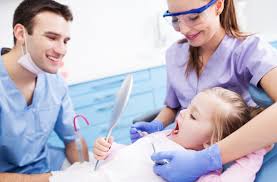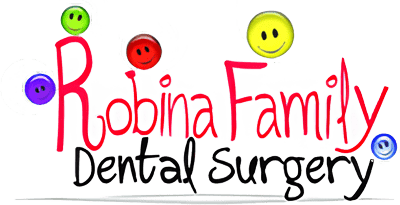It’s common for people to grind their teeth when they’re frustrated or angry or stressed. But 5% of the population suffer from bruxism: involuntary, forceful, and habitual teeth grinding and jaw clenching. In the last blog, we talked about the signs and symptoms of bruxism, as well as possible causes of teeth grinding. This time, we’ll be looking at recommended treatments of bruxism and what you can do to manage it.
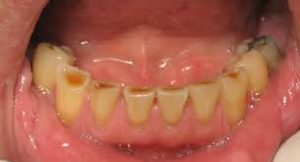
What Should You Do about It?
On the Dental Side of Things
Dentists generally offer the following treatments to manage your teeth grinding:
- Restoring and replacing chipped and/or broken fillings
- A bite splint (a type of soft plastic mouthguard) to be worn at night
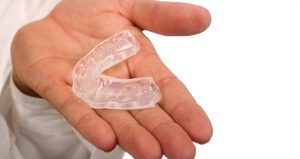
A bite splint has the effect of wearing down the splint instead of your teeth, which will take care of your symptoms but won’t necessarily stop your bruxism entirely. It also may not be the solution for people who are suffering from sleep apnoea as it may reposition the jaw and obstruct your airway even more. If you are suffering from a sleeping disorder, like sleep apnoea, you should consult your GP in conjunction with your dentist for specific treatment. Your GP or other healthcare professional can conduct a sleep study to see if you are experiencing episodes of interrupted breathing during your sleep.
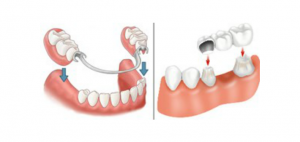
Dentists will offer the following treatment if your bruxism is extreme and it has worn down your teeth to stumps:
- Bridges
- Crowns
- Root canal treatment
- Implants
- Partial/complete dentures
Other Management Techniques
There are other healthcare professionals who can really help you. Your GP, psychologist, physiotherapist, and sleep therapist are all people who can offer tips and services to facilitate the management of your teeth grinding. They could recommend the following:
- Stress counselling
- Relaxation techniques (like meditation) just before bedtime
- CBT (cognitive behaviour therapy)
- Exercise on a regular basis
- Seeing a physical and/or sleep therapist
- Prescribed muscle relaxants (medication)

You can also manage your bruxism yourself by doing the following:
- Avoid or minimise foods and drinks that contain caffeine, chocolate, and coffee (especially a few hours before going to bed)
- Avoid or minimise alcohol consumption (as teeth grinding tends to intensify after drinking alcohol)
- Avoid chewing on anything that is not food (like the end of pencils or pens)
- Avoid chewing gum (as that trains your jaw muscles to clench more often)
- You can train yourself to not clench your jaw or grind your teeth by putting the tip of your tongue between your teeth. (The position, and the threat of biting your tongue, forces your jaw muscles to relax.)
- You can relax your jaw muscles by placing a warm towel against your cheeks (in front of each earlobe) just before you go to bed
- You can ensure you are sleeping in a healthy environment (i.e. a dark, quiet room) and a comfortable sleeping position (people who sleep on their backs are more likely to grind their teeth)

Treatment for Your Child
As children generally grind their teeth at night, they are likely unaware they are doing it. Gently explaining the issue may help your child become more aware of their bruxism and will help you when you want to implement any management strategies.

If your child is suffering from bruxism, you can:
- Decrease your child’s stress (particularly before putting them to bed)
- Teach them massaging and stretching exercises that would help relax their jaw muscles
- Keep your child hydrated (as dehydration has been linked with teeth grinding)
As mentioned previously in the last blog, it is unlikely any dental treatment is needed (especially if your child is preschool-aged) but if you are concerned, consult your dentist and they may also be able to provide a bite splint for your child to wear at night.
